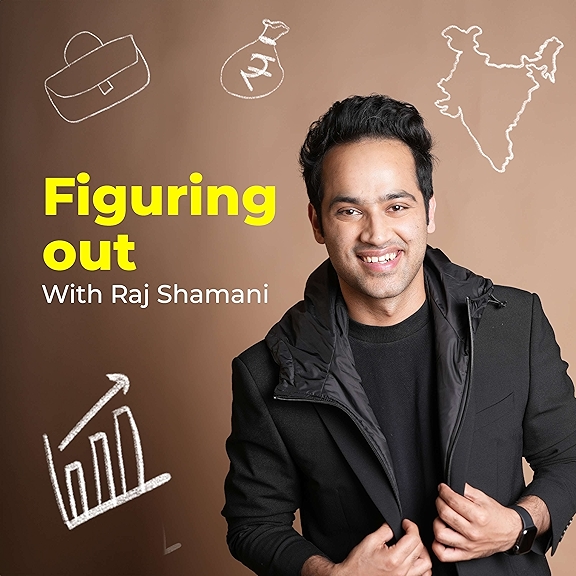
Discover the differences between and how to get accepted to common healthcare admissions tracks [Show Summary]
Accepted consultant Dr. Valerie Wherley has an impressive and extensive background in pre-health, having advised thousands of students to acceptance at their dream schools and programs. In this highly informative podcast interview, she distinguishes the differences between common healthcare admissions tracks and shares how to craft a compelling application for each one.
Interview with Dr. Valerie Wherley, Accepted admissions consultant and former post-bac program director & pre-health advisor [Show Notes]
Welcome to the 499th episode of Admissions Straight Talk. Thanks for tuning in. We have lots of resources, articles, guides, and podcast episodes that can help you get accepted to the graduate healthcare programs of your choice. Go to accepted.com/healthcare to explore the library of free resources there.
Today is all about healthcare, and our guest is Dr. Valerie Wherley, an Accepted consultant. Dr. Wherley earned her BS and MS at the University of Maine in Kinesiology and her Ph.D. in Higher Education/Higher Education Administration from the University of Connecticut. Over the last 20 years, she has served as the Assistant Dean of Student Affairs and Career Development at William Beaumont School of Medicine, Director of the Pre-Health Post-bac Certification program at Sacred Heart University, and the Director of Pre-health Advisement Sacred Heart University.
In those roles, and before joining Accepted earlier this year, she advised thousands of students in the following pre-health tracks: pre-med, pre-PA, pre-vet, pre-dental, pre-pharmacy, pre-PT, pre-OT, pre-accelerated nursing, and pre-optometry as well as applicants to master's programs in Exercise Science, Biomedical Sciences, Occupational Therapy, Speech-Language Pathology, Athletic Training, Public Health, and Applied Nutrition.
Let's tap into that amazingly broad and notable experience.
What should all applicants in healthcare fields have if they want to apply successfully? What are the common requirements? [2:27]
Great question. As you said, I have worked with a variety of pre-health fields during the time I worked at Sacred Heart and at the Beaumont School of Medicine. The commonality that students need to have in their academics is a demonstration of mastery of those prerequisite courses. They need a very strong academic transcript and whatever those prerequisite courses are for their intended path. Typically, that's the sciences. A lot of those pre-health tracks have common courses such as biology, chemistry, organic chemistry, and anatomy, with some nuances depending on the track. There's just no way around saying you have to demonstrate competency and mastery of those foundational concepts on your academic transcript. You have to be strong there.
From an experience perspective, my suggestion is to demonstrate that you have exposure to your intended career path. Exposure comes from observing, shadowing, and interviewing the people who are doing the work you want to be doing in the future. It's not enough if you have a family member who has said to you, "You'll make a great dentist one day," that's lovely. However, you have to have been in the trenches seeing the work and still know that it is your calling. You can demonstrate that in your personal statement and in your interview when you are applying to graduate school.
https://www.youtube.com/watch?v=GXTzQJw5Pqc
Is shadowing enough? [4:31]
Shadowing is the first place to start. When I worked with undergraduate students, I always said shadowing is step one to really see if this is the place where you want to be. Shadowing is a great place to understand what you do and what you don't like. I would have pre-PT students, for example, who would shadow a physical therapist for a few weeks and walk away from that experience and say,




















